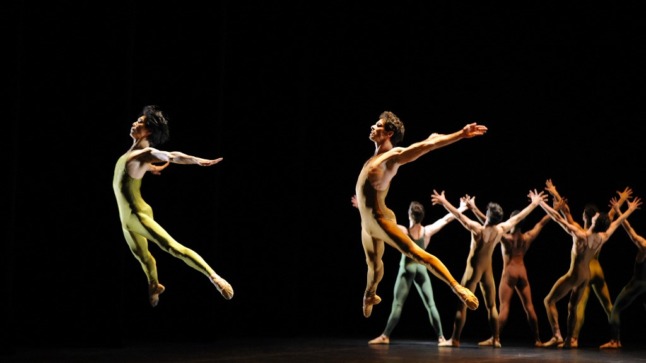Despite making up just over a tenth of the Norwegian workforce, foreigners accounted for almost a quarter of the workplace deaths, broadcaster NRK reports.
As in previous years, most of the victims of unexplained workplace accidents hailed from Eastern European countries, with Poles accounting for 90 of the 230 injuries recorded so far this year.
The Norwegian United Federation of Trade Unions (Fellesforbundet) said foreign workers are often more at risk due to language difficulties and concerns that they may lose their job if they dare to express legitimate concerns.
“Attitudes are completely different in Poland,” Anna Aarsheim, a trade union representative of Polish extraction, told NRK.
“This means they’re scared to raise matters for fear of losing their job. They tend not even to take up even the most elementary matters, such as the fact that they’re sick. Accidents can happen because of misunderstandings.”
Fellesforbundet section chief Bjørn Romsbotn said he would like to see the authorities given more powers to sanction employers who break the law and put workers’ lives in danger.
“Today they might get a fine. We believe that employers who commit serious workplace crimes should go to jail,” he told NRK.


 Please whitelist us to continue reading.
Please whitelist us to continue reading.
Member comments